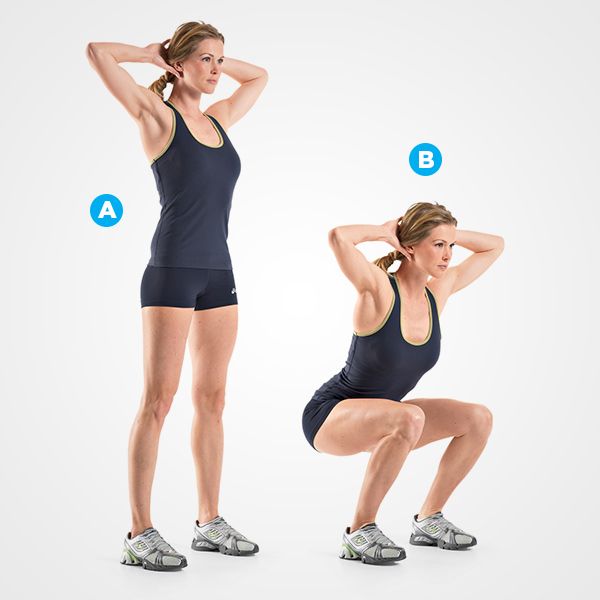April 2021
Jacqui Lewis - BHSc Nutritional and Dietetic Medicine
Why should you Exercise after Bariatric Surgery?

Bariatric surgery is a powerful weight-loss tool, but it is not a miracle cure. Exercising after weight loss surgery comes with a lot of BENEFITS.
Exercise Benefit #1. The right kind of weight loss
A study of gastric bypass patients showed that those who exercised lost at least 5-6kg more than those who did not. It’s also important to lose the right kind of weight. The idea is to burn fat while keeping your lean muscle.
Exercise Benefit #2. Helps you feel amazing
Regular exercise can strengthen your heart and bones, improve your blood sugar, you’re less likely to get sick, and make it easier to do everyday activities. There is also evidence that exercise can enhance your mental function and health. Exercise has great impact on mental function, and on resolving depression and anxiety.
Exercise Benefit #3. Mental Health
Exercise produces ENDORPHINS that help you combat anxiety and depression. Exercise creates more blood flow to the brain, leaving you feeling more energetic and healthy Exercise also enhances your brain’s function, your IQ, and prevents age related decline. Exercise burns off stress hormones and reduces inflammation.
Regular exercise leads to clearer thinking!
According to John Ratay, MD daily exercise has been shown to be as effective at treating depression and anxiety as the medications prescribed by your doctor.
“When we lose weight rapidly, we lose muscle. Exercise is a safe and effective way of maintaining lean body mass, which boosts metabolism and encourage weight loss.”
Exercise #1. SQUATS
1. Stand with your head facing forward and your chest held up and out.
2. Place your feet shoulder-width apart or slightly wider.
3. Sit back and down like you're sitting into an imaginary chair. Keep your head facing forward as your upper body bends forward a bit.
4. Lower down so your thighs are as parallel to the floor as possible, with your knees over your ankles. Press your weight back into your heels.
5. Keep your body tight, and push through your heels to bring yourself back to the starting position.

Start with three sets of 10 squats.
Exercise #2. WALKING
Refrain from driving until postsurgical pain has subsided and no longer requires medication. Avoid lifting more than 25 lbs. for the first three weeks after your surgery. Start walking as soon as you are able, and only do as much as you can comfortably do, even if it is only five minutes. Aim for 30 minutes of walking, 7 days per week, within the first four weeks after surgery.

Build up slowly to that goal
Be sure to incorporate muscle-building sessions—rather than just aerobic activity—two or three days a week.
Continuing to add muscle to your frame has a long list of benefits for anyone, but especially for gastric sleeve patients.
Exercise gives you energy—an especially welcome feeling for patients who are adjusting to a new normal.
Jacqui Lewis
BHSc Nutritional and Dietetic Medicine
Related Posts
- 5 Keys to Long Term Success After Surgery
- Here’s How To Make Healthy Choices On-The-Go!
- What’s All the Fuss About Bread Anyway?
- Baby Steps = Huge Difference